On-Page SEO (On Page Search Engine Optimization)
One of the key elements that determines your ranking on search engine result webpages (SERPs) is called On-Page SEO. It's the term used to describe the actions carried out on your site to ensure that it is search engine friendly and ultimately improve your SERP rank. When it comes to On-Page Search Engine Optimization there are not many aspects that are as crucial as the research of keywords and site structure particularly when you're trying to be at the top of the results for search engines. We will discuss the most effective practices for SEO on the web and how you can utilize effective strategies to boost your visibility and rank on search engines.
Meta Title Tag for On-Page SEO
Search Engine Friendly URLs - your visitors can use your site's content to share it, however which URL do they choose to share? I frequently see websites with poor URLs like home/about/contactor. This isn't logical and could have a negative impact on the page's performance on search engines.
Meta Description for On-Page SEO
If you are writing the content for your website ensure that it's authentic as opposed to being spun. Spinning, also known as content spin, is a process that allows different versions of an existing piece of content to be created with synonyms and then published under various URLs (and often within multiple pages of a website). When search engines discover these duplicate copies of information, they could conclude that there's nothing fresh and your site could be being penalized for spammy behavior instead of being recognized with respect to its relevance to users looking for results.
H1 Tag Focus Keyword
Optimizing your page is crucial since it could affect your rankings on search engines even before you've started performing off-page optimisation. The content on your website in terms of code, text and images can be optimized in accordance with Google's algorithm like Panda and Penguin which will increase the chances of being ranked higher in search results for relevant keywords employing various elements like Meta tags Keywords, Titles and Titles ALT tags and more.
H2 Tag Keywords
On-page SEO is the term used to describe your general website optimization efforts which are focused on increasing your website's rank on search engines for a particular keyword. On-page refers to the fact that it occurs on your website and you control the entirety of the optimizations you make for your website. These techniques have been tested over time to get your website ranked in Google Search. Some of them are normal, others are more advanced however they are essential improvements for any website regardless of the niche or goal.
Avoiding Content Spinning
On-page Search Engine Optimization refers to making modifications and additions to a site's content in order to make it more likely to show up in search results related to its subject or subject. On-page optimization can be used since it is a part of Google's primary ranking factors: the relevancy of your website's keywords pages.
Using minimum 600 words of content
The most crucial aspect to making a good work of writing is knowing the audience you intend to reach and what they're searching for. The second most important factor to consider is to make sure you've done your research and come up with well-written and distinctive content (that doesn't have any spin). If the readers you target don't find something of value in your writing then they'll stop coming to you for more, which means that there won't be much organic traffic coming from search engines as well.
Keyword in Start of Page
A properly structured URL structure is crucial to having a solid SEO on-page (search engine optimization). It's also helpful for usability since you can incorporate crucial terms in the URLs that make it easier for users to find your site and assist you in ranking higher in results for searches. When you're creating the structure of your URL, make sure not to go over one or two levels deep. You do not want your users to have difficulties finding what they want.
Image Optimization Alt Tag Keyword
Check that all your images are alt-tagged with Alt tags that contain your keyword and then optimize them for guest use by including an anchor tag that links to relevant pages on your website for every image you embed on the page. This gives search engines more details about what the images represent and allows them to target images to potential viewers viewing images of any keywords you have included in your alt Tags or Anchor Texts.
URL with Keyword
Permalink Structure helps more in On-Page SEO
Links don't matter even if they're outbound from your website you think? Wrong! Inbound links still work for SEO however, since Google has released its Penguin update and those inbound links have to come from trustworthy websites that have high link juice as well in relevant keywords.
Outbound Links with Keyword Reference
Keyword stuffing, also known as packing, is a technique used by some to make their site's rank to the top of the search term they want to rank for. It is not effective and is considered to be a grave crime by many search engines. You are banned from their websites when you're caught keyword stuffing, even once! It's essential to put keywords on your site so that it will be searched for, however there are methods to do it correctly so as not to draw the attention of search engines.
Getting rid of Keyword Stuffing
Meta descriptions - Both components are a crucial part for on-page search engine optimization. Be sure to ensure that your customized page titles and descriptions use keywords and phrases that will help search engines to index and comprehend your site's content better and will appear as click-able text in the SERPs, enhancing the user experience.
Best Practice to Get Best Results with On-Page SEO
Keyword density is a part of SEO or search engine optimization (SEO). Search engines such as Google employ algorithms that analyze different aspects in determining the ranking of web pages in their results. When search engine robots visit your website and look through your site, they take into consideration various things such as how often your keywords are displayed on your website, whether they are being used correctly and if they are properly linked to other pages on your site.




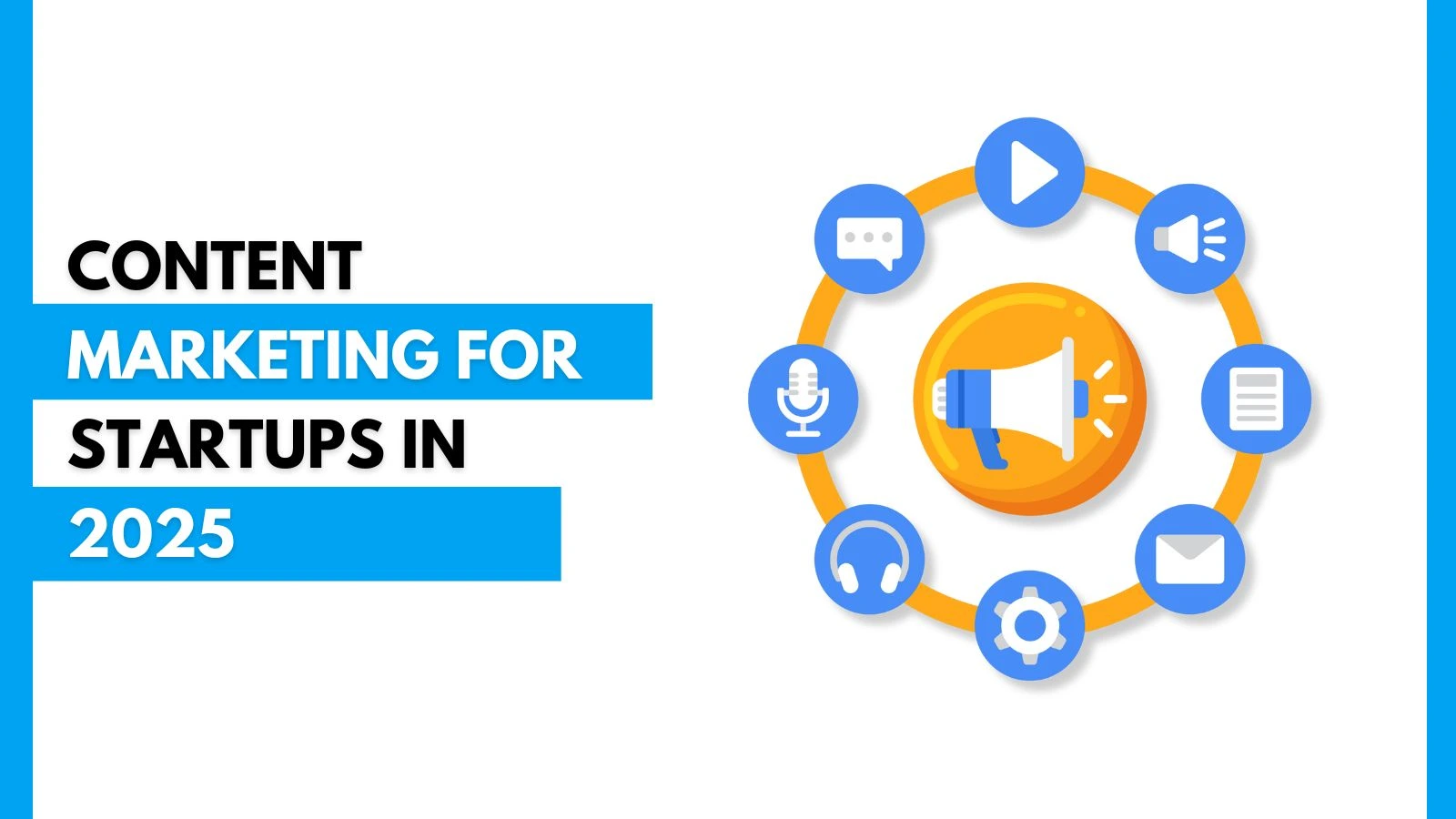
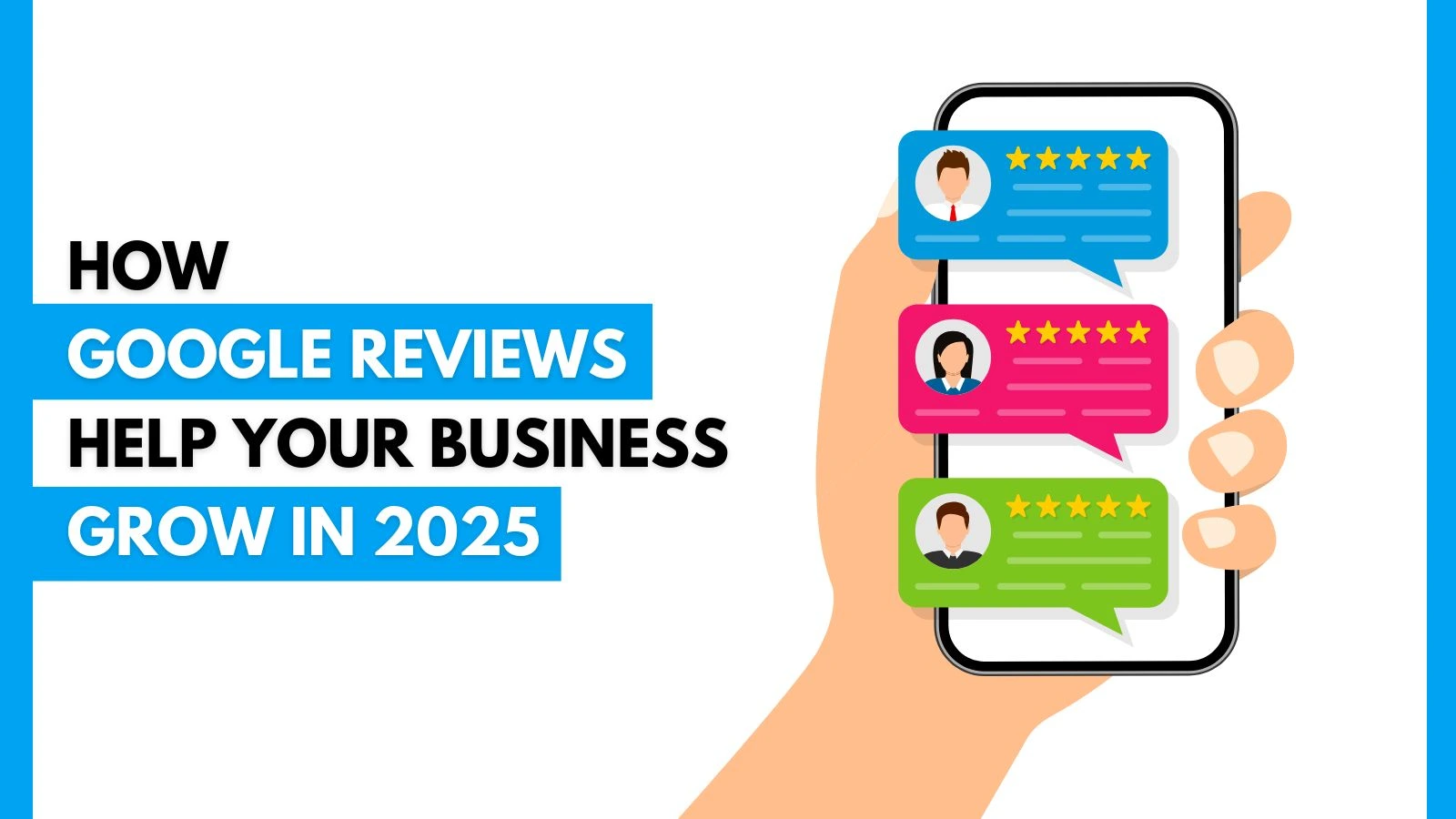
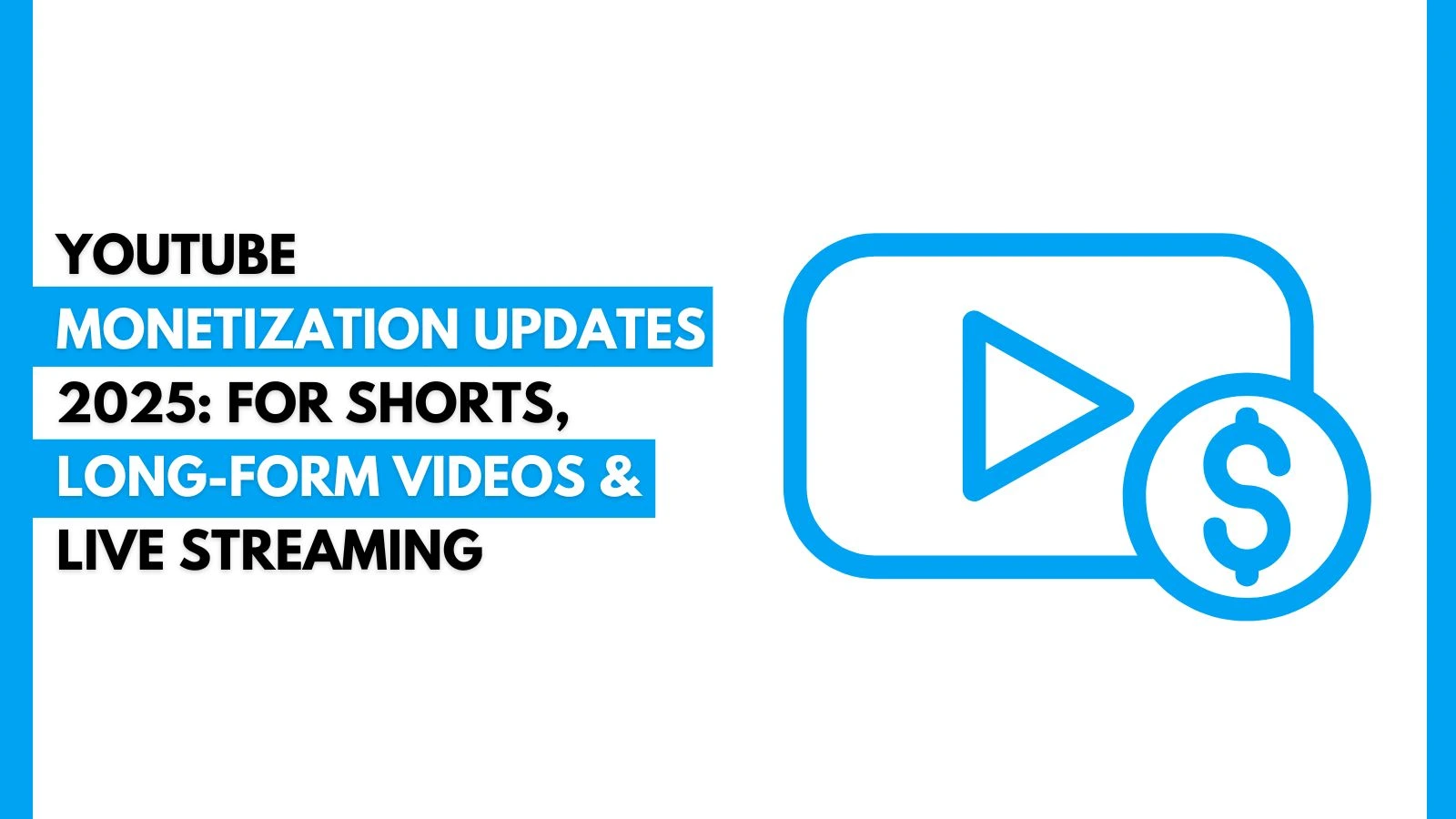
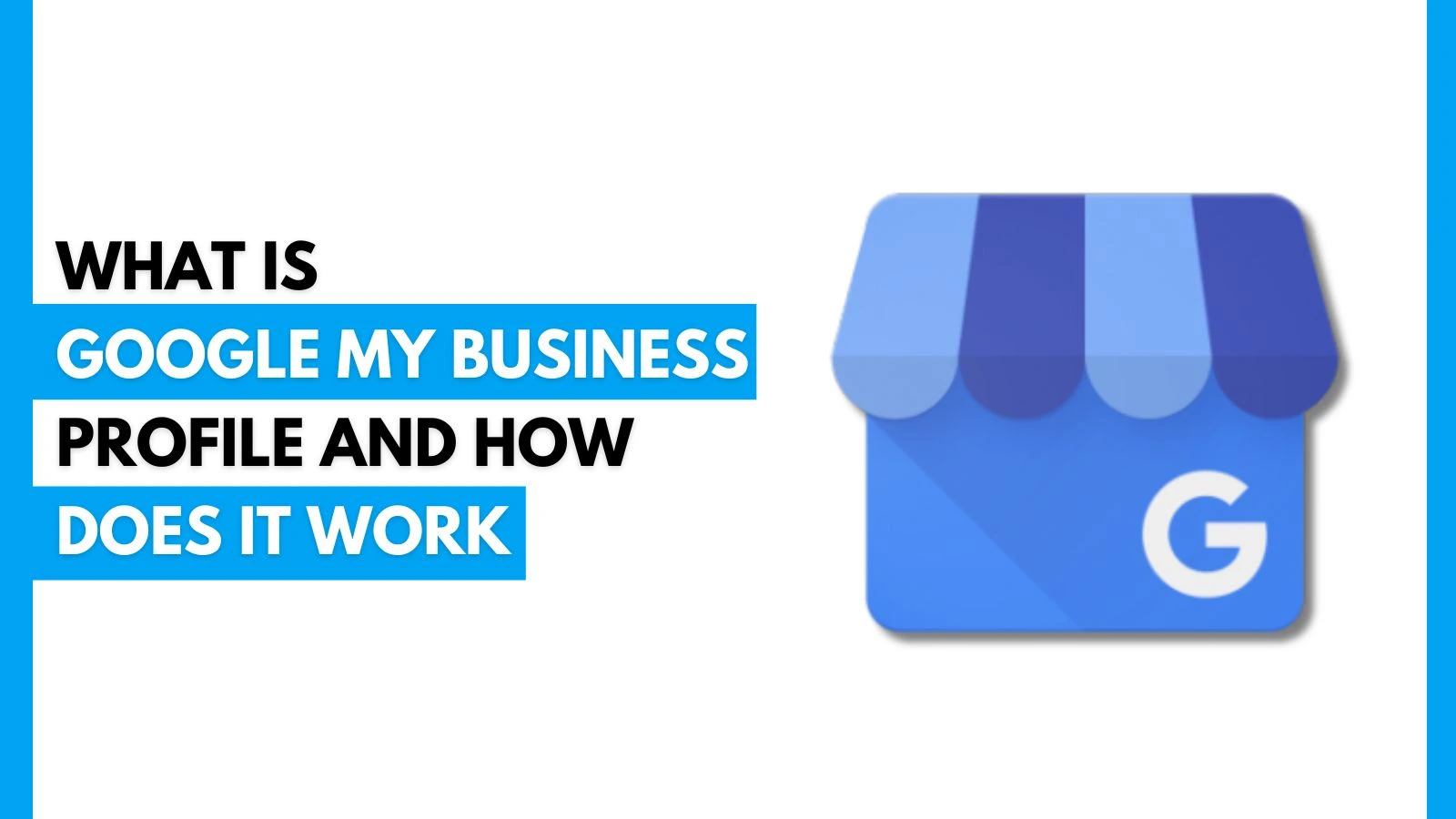
.webp)
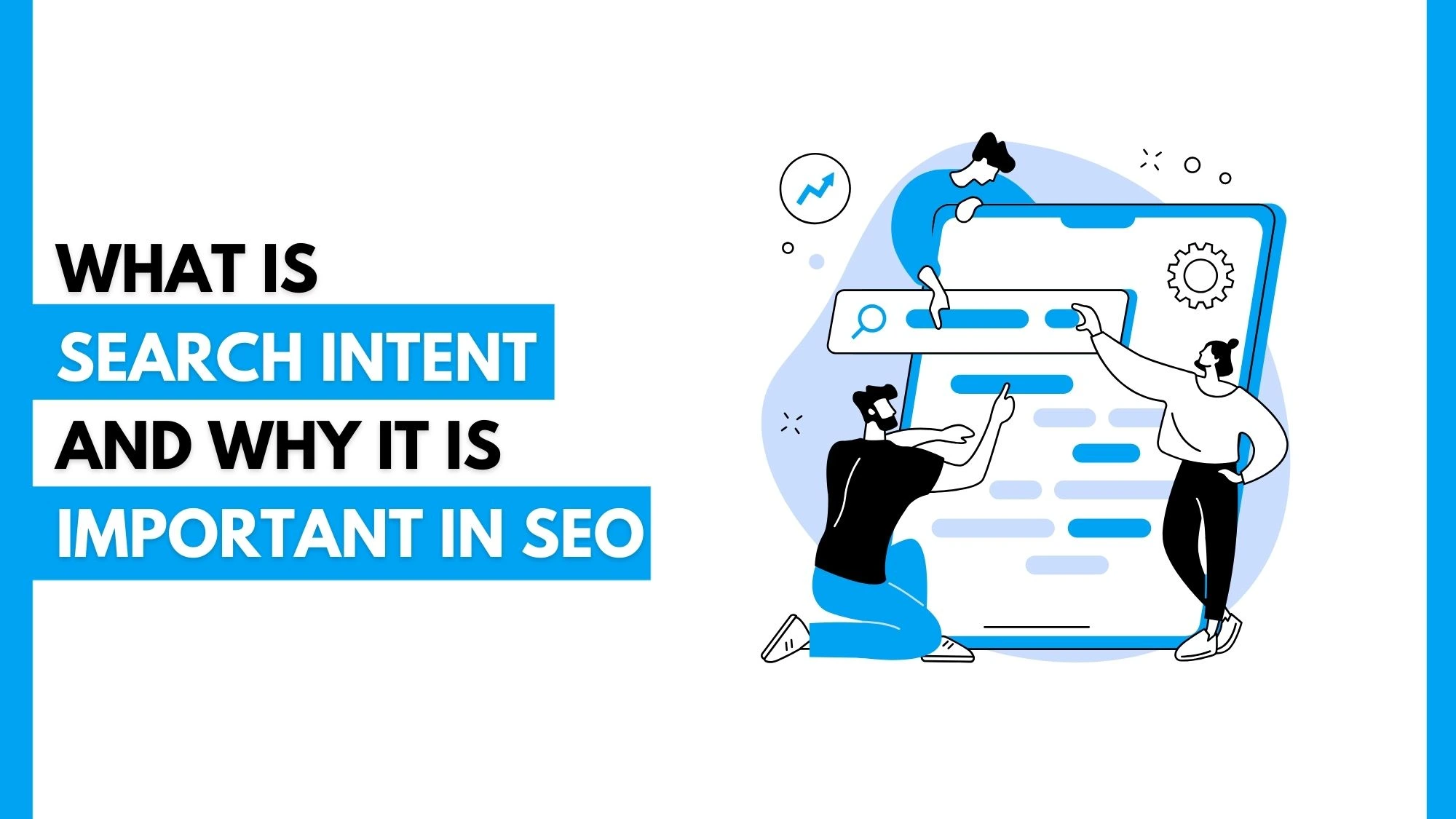

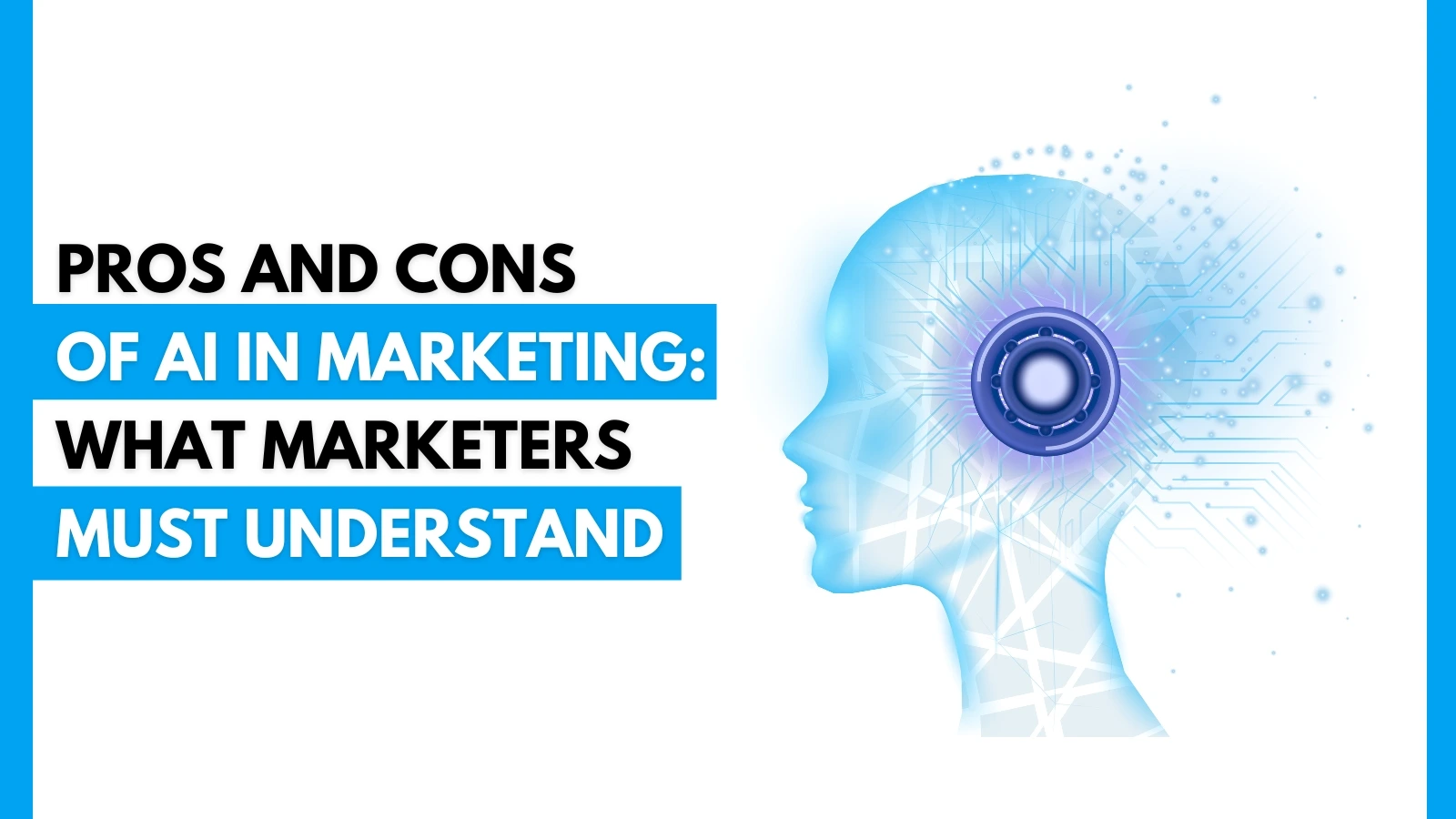

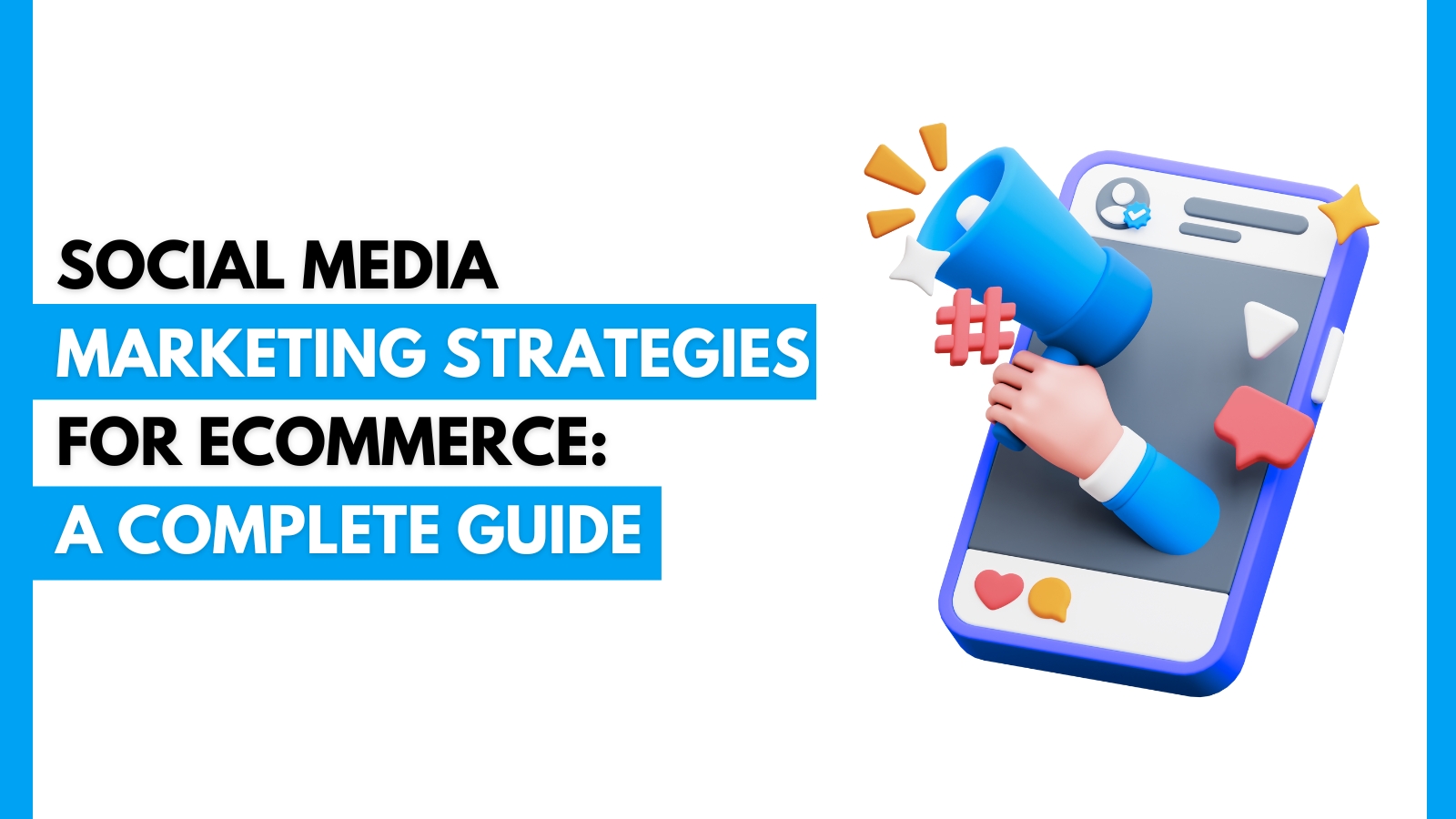

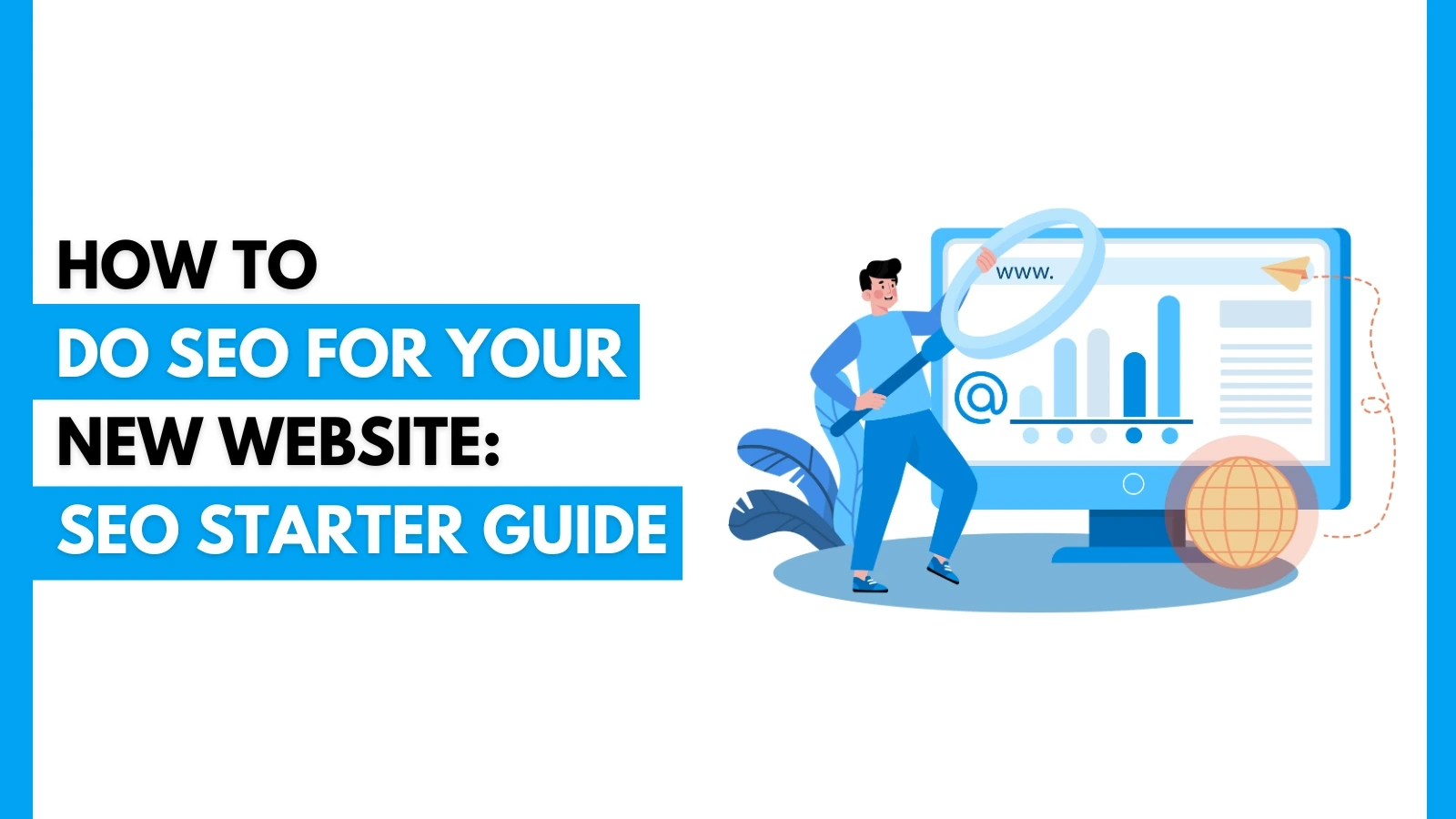
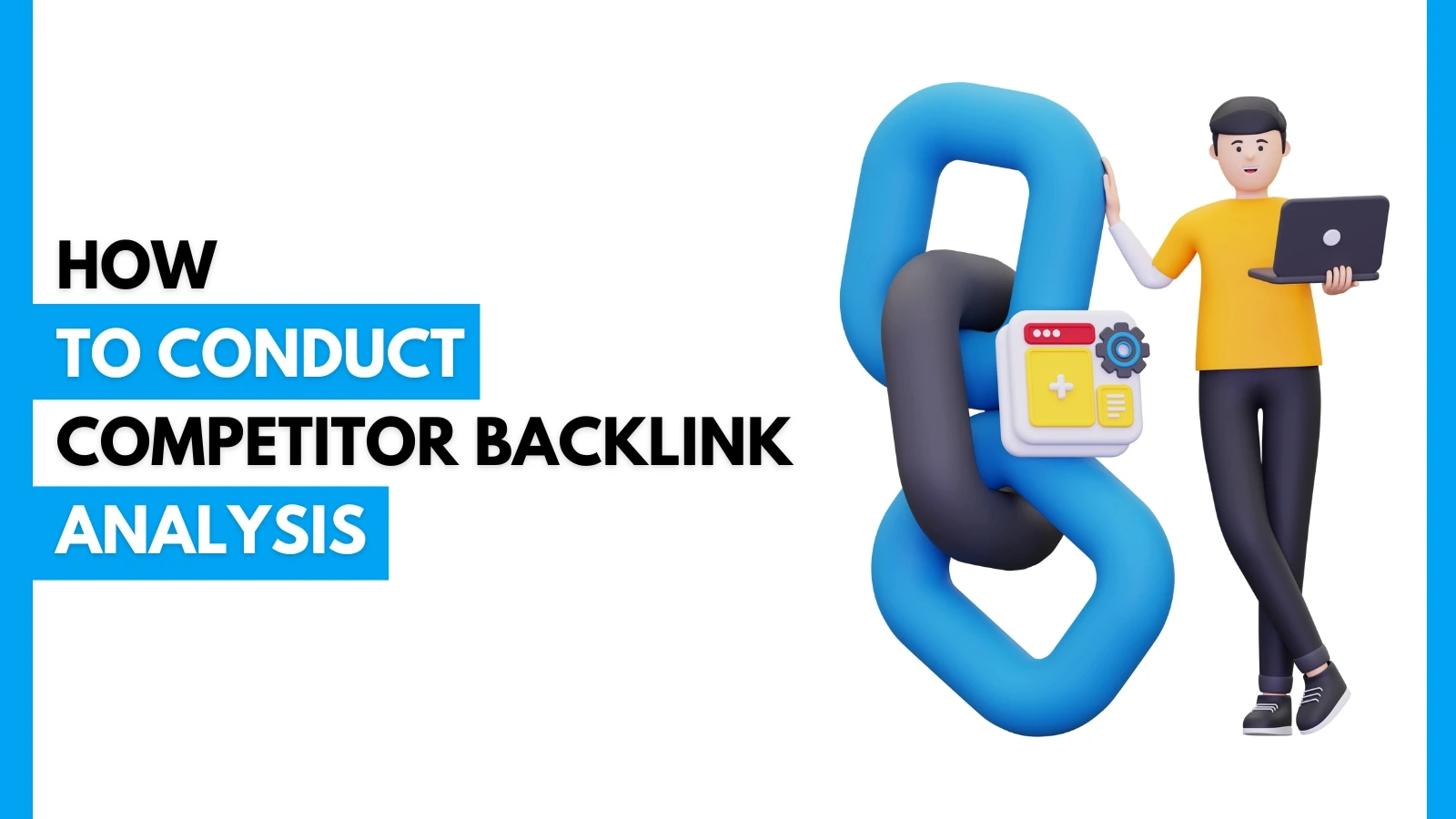
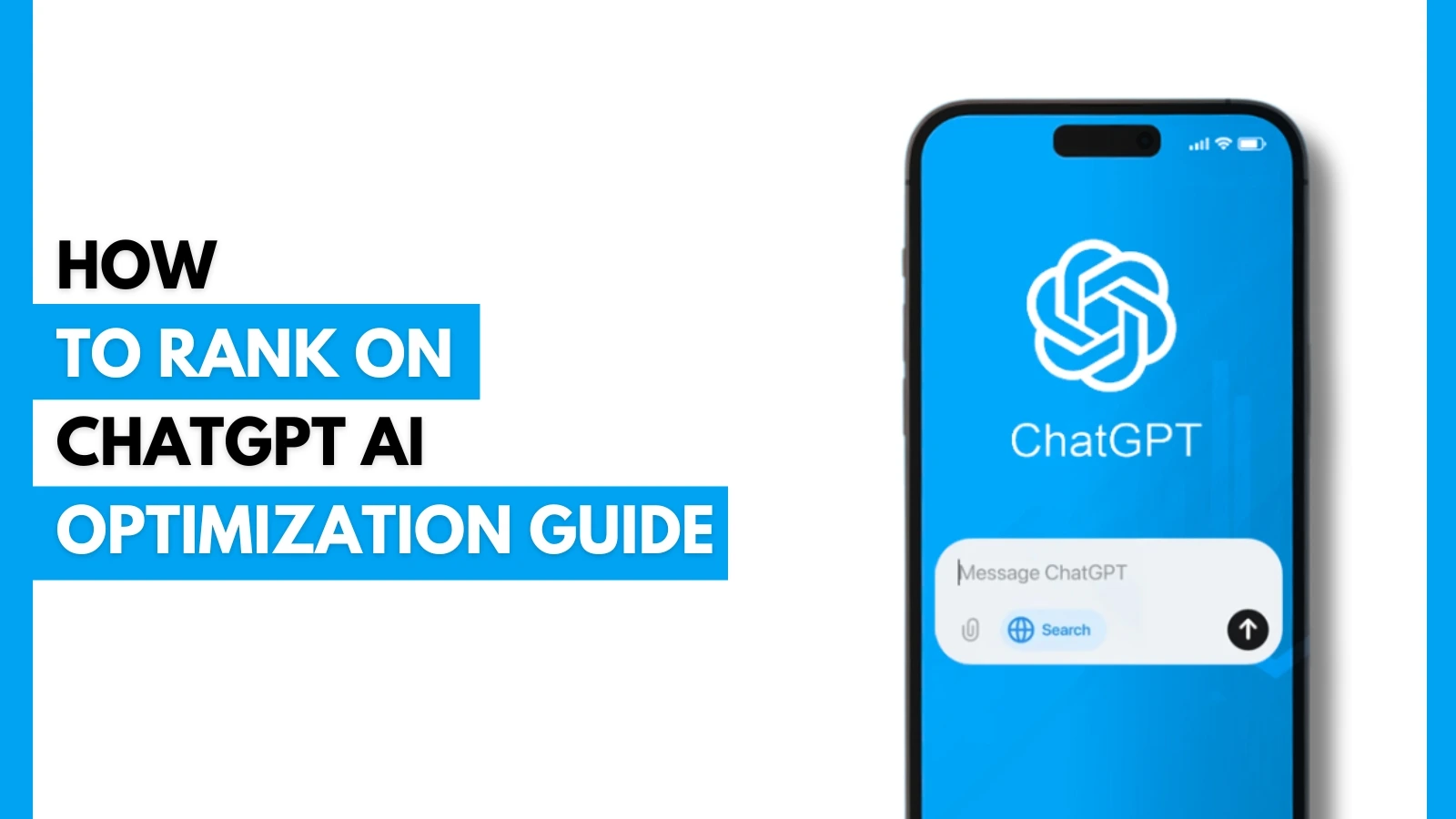
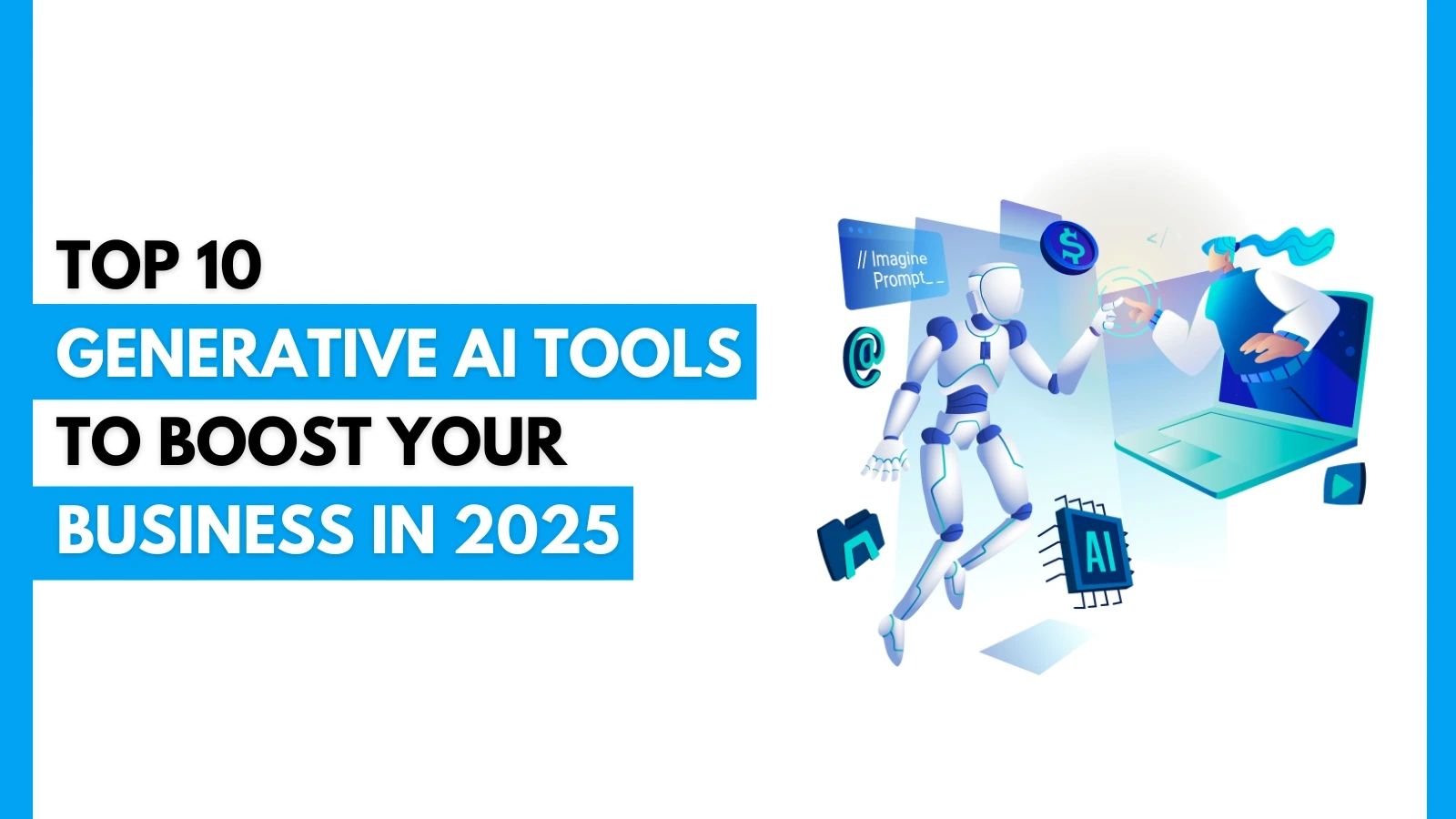
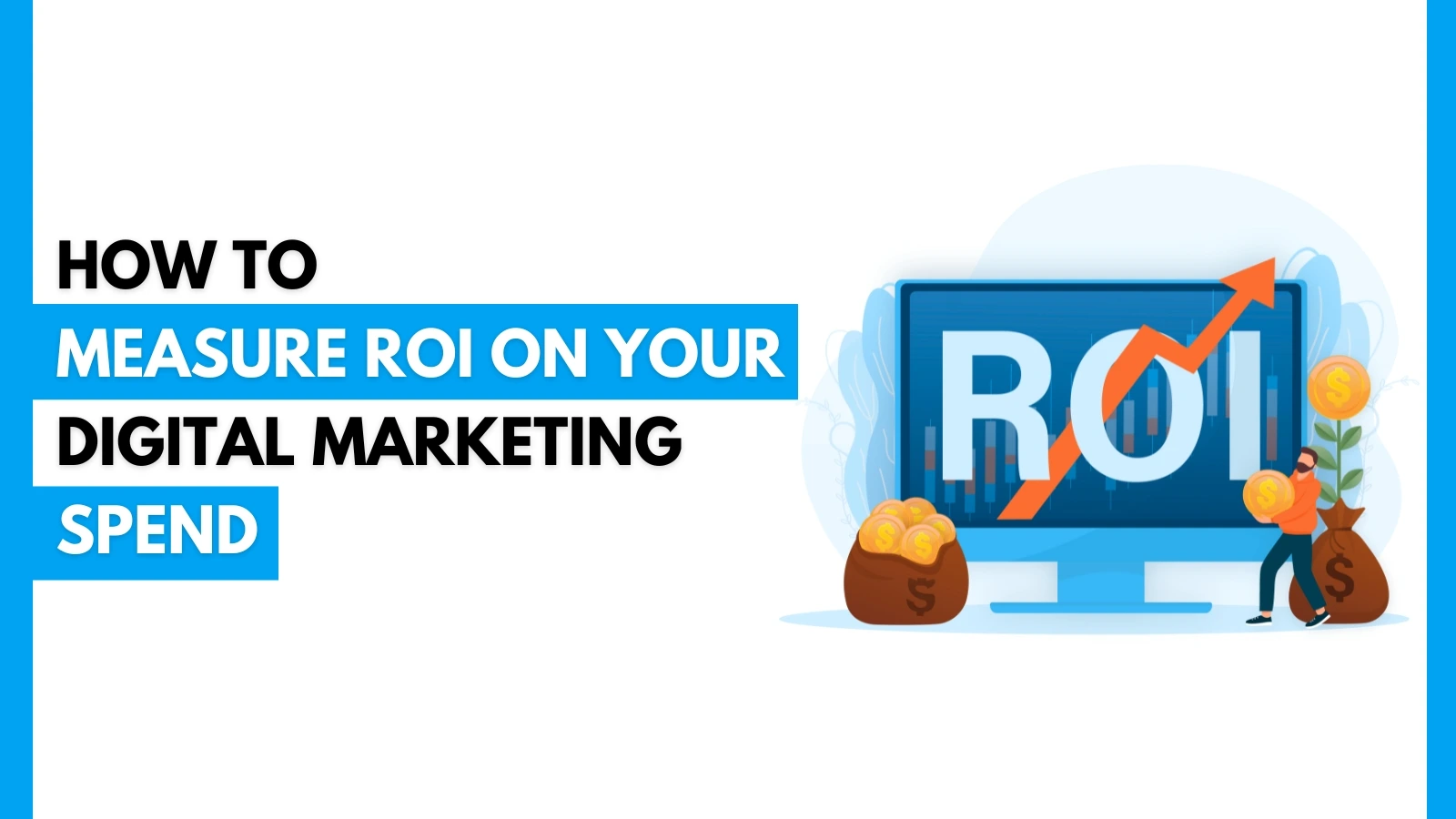
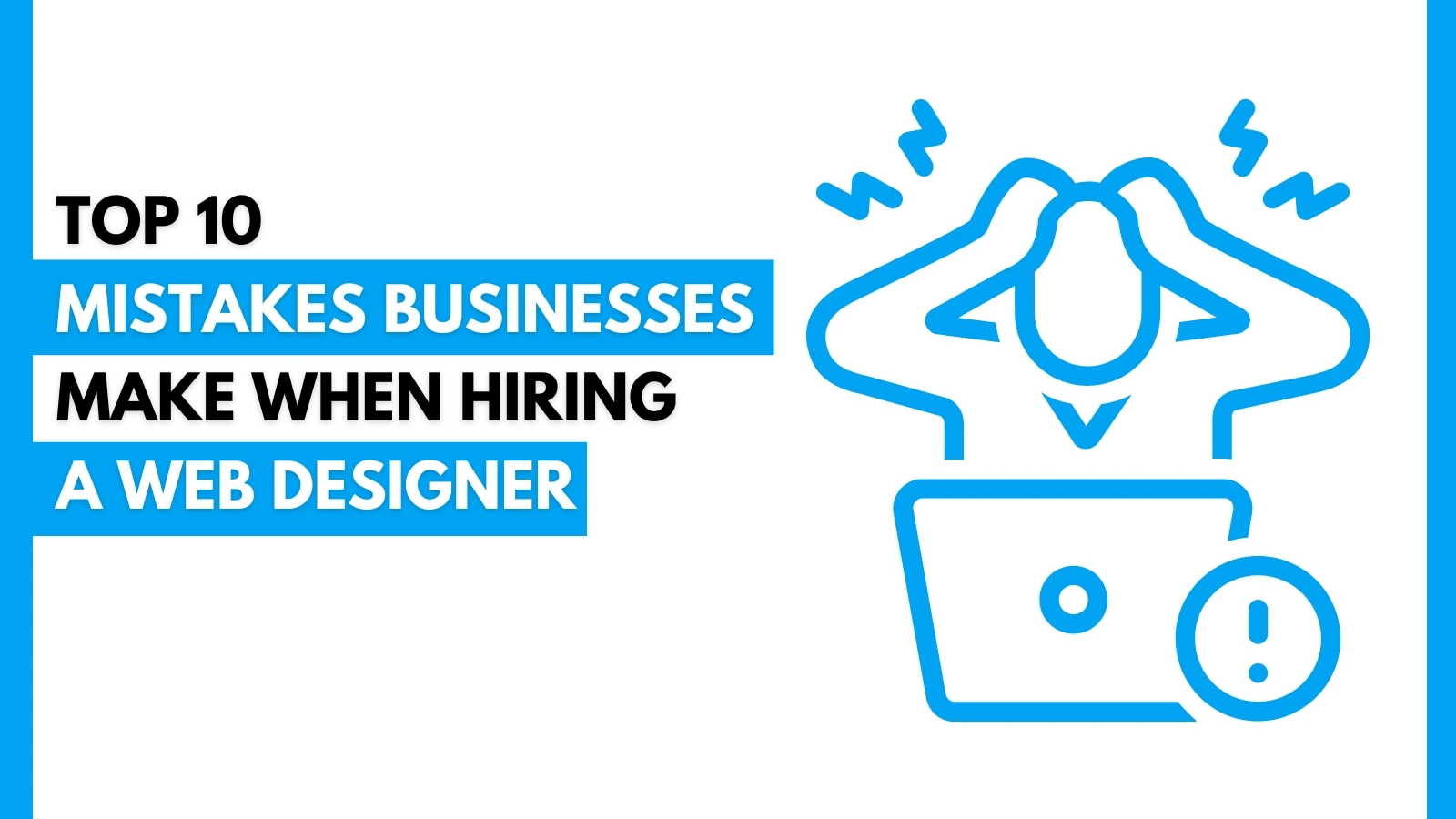
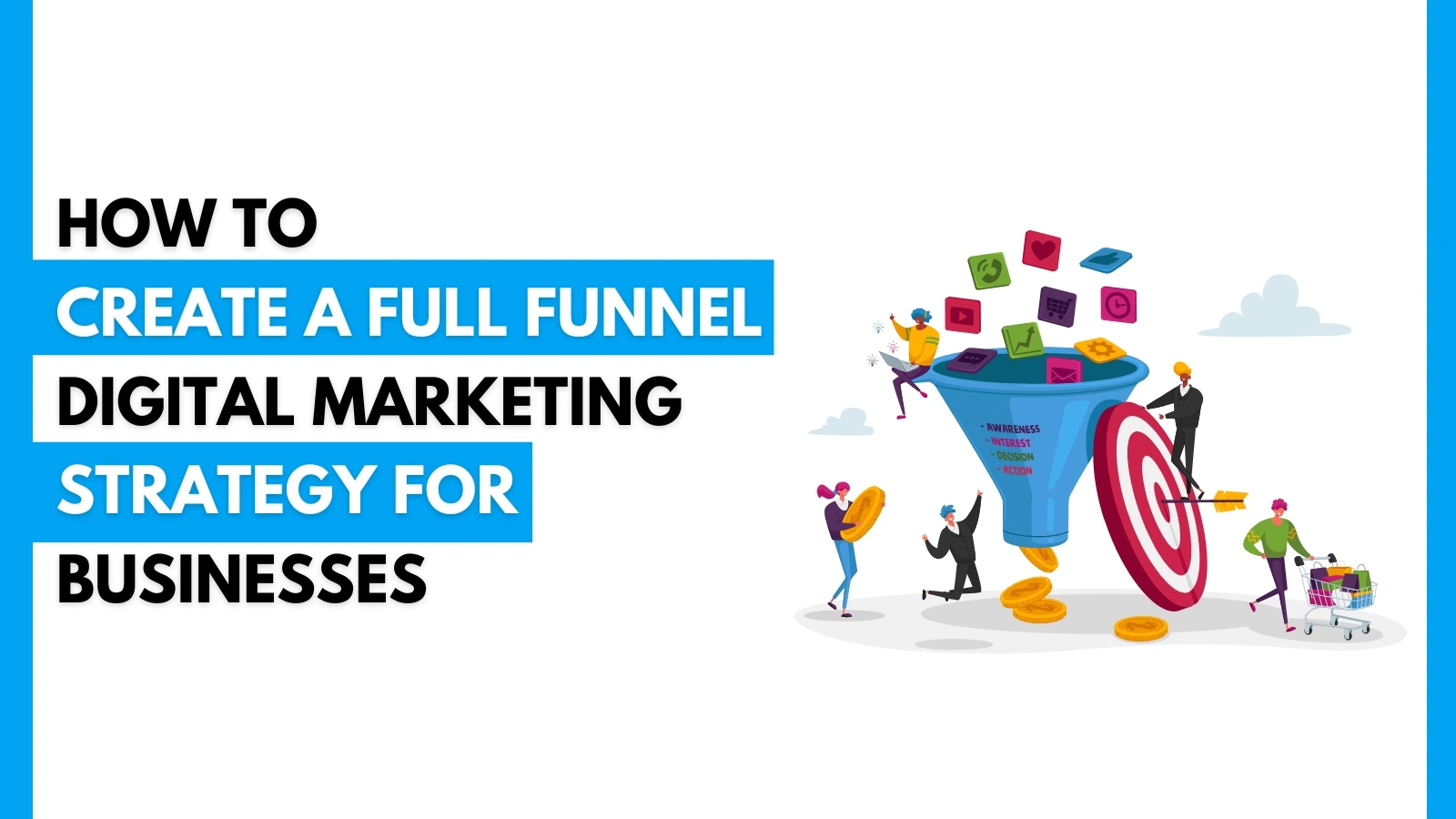
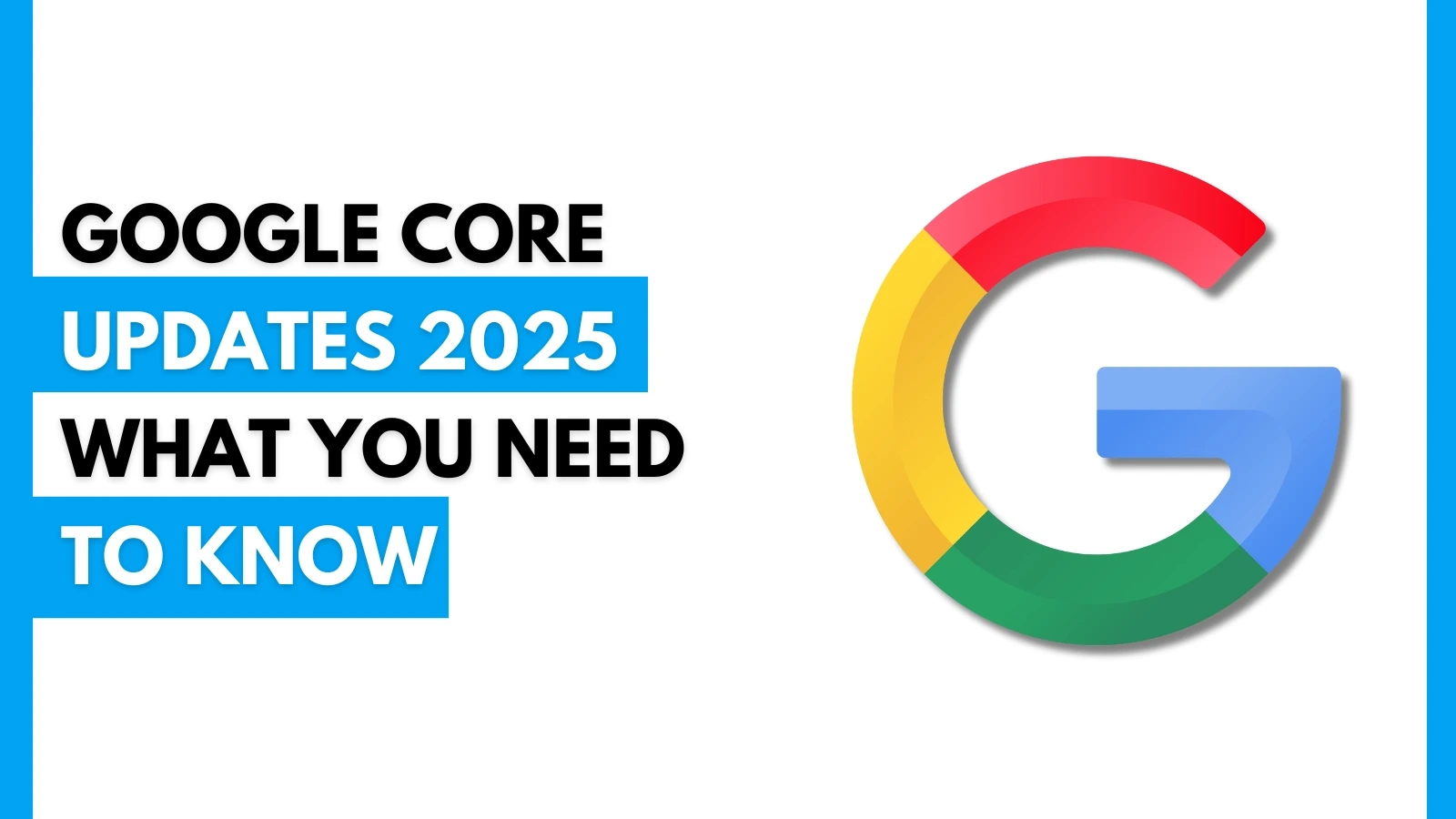
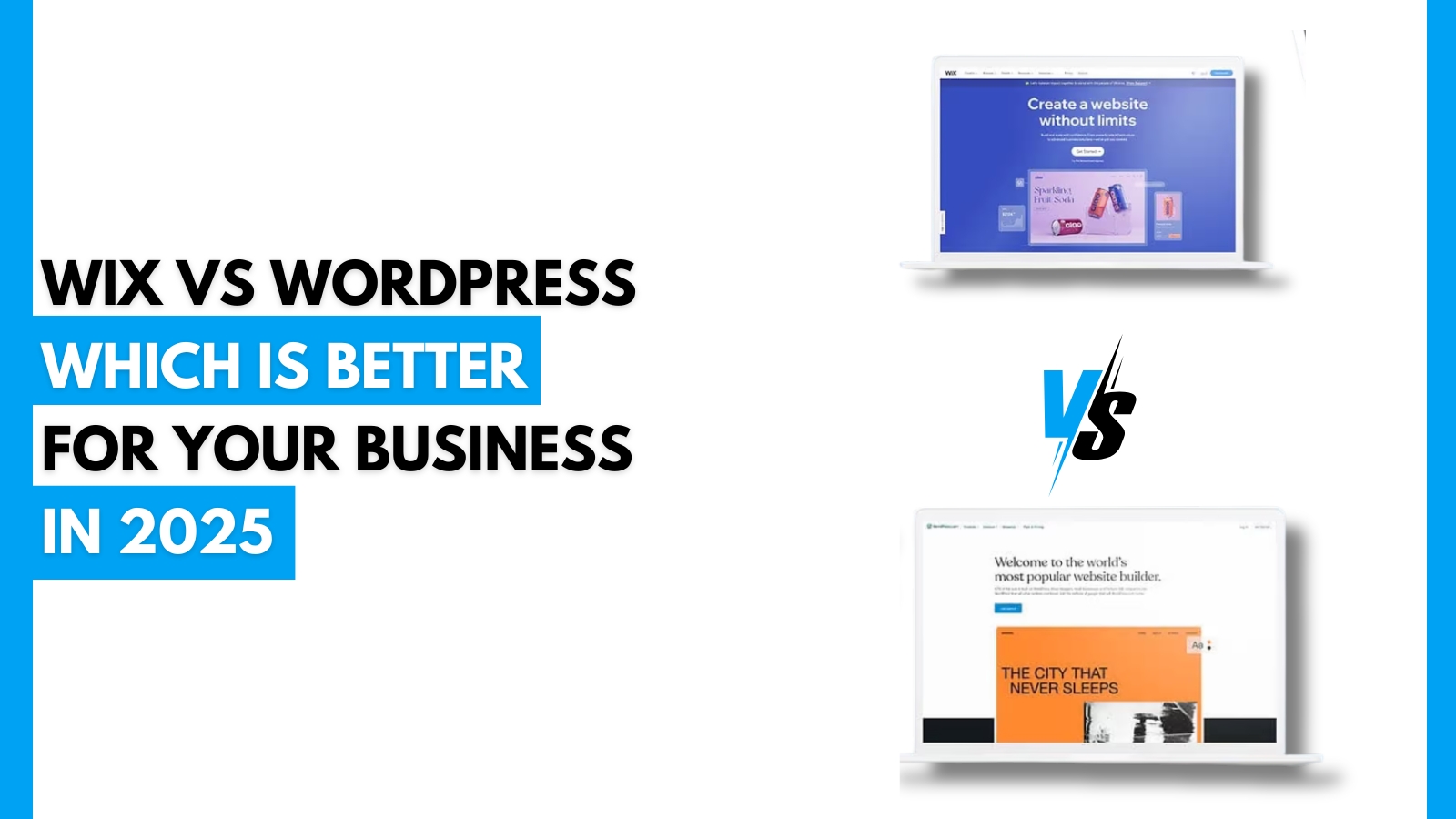




.webp)






















 A Complete Guide.webp)











































.jpg)










 Efficiently.jpg)
.jpg)
























.jpg)
.jpg)
























.jpg)


















.jpg)
.jpg)




























.webp)





.jpg)


















 Campaign.jpg)




.jpg)

.jpg)

.png)



.jpg)



.jpg)
.jpg)
.jpg)



.jpg)








.png)
.jpg)




.jpg)

.jpg)
.jpg)


.jpg)


.jpg)



.jpg)




















.jpg)














.png)





















.jpg)






.png)

.png)



.png)

.png)
.png)



.png)
.png)
.png)
.png)
.png)

.png)
.png)
.png)
.png)
.png)
.png)
.png)
.png)
.png)
.png)
.png)

.png)
.png)
.png)
.png)
.png)
.png)
.png)
.png)
.png)



.png)
.png)
.png)

.png)
.png)
.png)
.png)
.png)
.png)
.png)
.png)
.png)
.png)
.png)
.png)
.png)
.png)
.png)
.png)
.png)
.png)
.png)
.png)
.png)
.png)
.png)
.png)
.png)
.png)
.png)
.png)
.png)
.png)
.png)


.png)
.png)

.png)
.png)
.png)
.png)
.png)
.png)
.png)
.png)
.png)
.png)
.png)
.png)
.png)
.png)
.png)
.png)
.png)
.png)
.png)
.png)

.png)
.png)
.png)

.png)
.png)
.png)
 (1).png)
.png)
.png)
.png)
.png)
.png)
.png)
.png)
.png)

.png)

.png)
.png)
.png)
.png)
.png)
.png)
.png)

.png)
.png)
.png)
.png)
.png)
.png)
.png)
.png)
.png)
.png)
.png)
.png)
.png)
.png)
.png)
.png)


.png)
.png)
.png)
.png)
.png)
.png)
.png)

.png)
.png)
.png)
.png)
.png)
.png)
.png)
.png)
.png)

.png)
.png)

.png)
.png)
.png)

.png)
.png)
.png)

.png)
.png)
.png)
.png)
.png)
.png)
.png)
.png)
.png)
.png)
.png)
.png)
.png)
.png)
.png)
.png)
.png)
.png)
.png)